On January 20-21, 2025, the VOICES in Action: International Event on Gender Equality in Science and Research took place at Izmir University of Economics (IEU). Organised and funded by COST Action VOICES, this two-day conference brought together a group of experts and researchers from across Europe to exchange knowledge and experiences on issues related to gender equality in academia and research. The event featured a lineup of speakers, including Dr Ola Thomson from BU Business School.
Day one set the scene with topics such as implementing Gender Equality Plans (GEPs) in universities and research institutions, integrating gender perspectives in research, and exploring the global challenges faced by women in STEM careers.
Ola, who is a management committee member and co-lead of VOICES, delivered a talk focusing on the activities of her working group in promoting inclusive mentoring as a strategy to advance gender equality in academia and research. Ola shared insights from the Mentoring Mapping in Europe project, which involved identifying and analysing existing mentoring programmes to better understand their impact and gaps. Additionally, she presented the outcomes of the Inclusive Mentoring Summer Training held in Bilbao in 2024, which had utilised art-based and co-creation techniques to enable mentees, mentors and programme managers to share their experiences of mentoring and create ten guiding principles on inclusive mentoring.
Day two was an interactive and hands-on experience for attendees, featuring co-creation workshops for early-career researchers. Ola and her two VOICES colleagues Dr Jennifer Dahmen-Adkins from Germany, and Şerife Durna from Türkiye co-led a World Café session, which explored the challenges impacting early researchers’ careers. Themes included the gendered nature of institutions and the impact of systemic inequalities, addressing the tension between professional demands and societal gender roles, examining gendered access to opportunities and critiquing notions of “meritocracy” and “excellence”, and lastly, sharing personal and institutional experiences to understand the prevalence and impact of bias.
This event was a rewarding opportunity to engage with a Turkish community of researchers and academics committed to shaping the future of gender equality in science and research. It underscored the importance of collaboration across Europe and Inclusiveness Target Countries such as Türkiye, where challenging socio-political systems operate and influence gender equality efforts and outcomes.
This work links to three UN SDGs: Gender equality, Decent work and economic growth, and Reduced inequalities within and among countries.
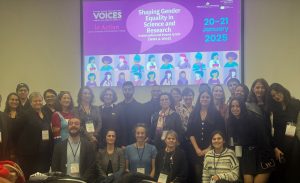
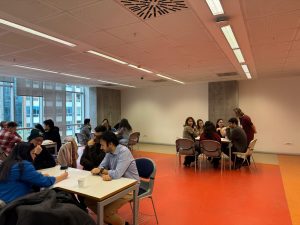
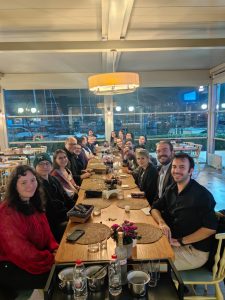
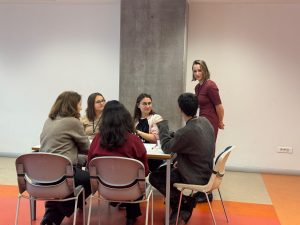
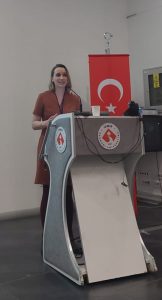

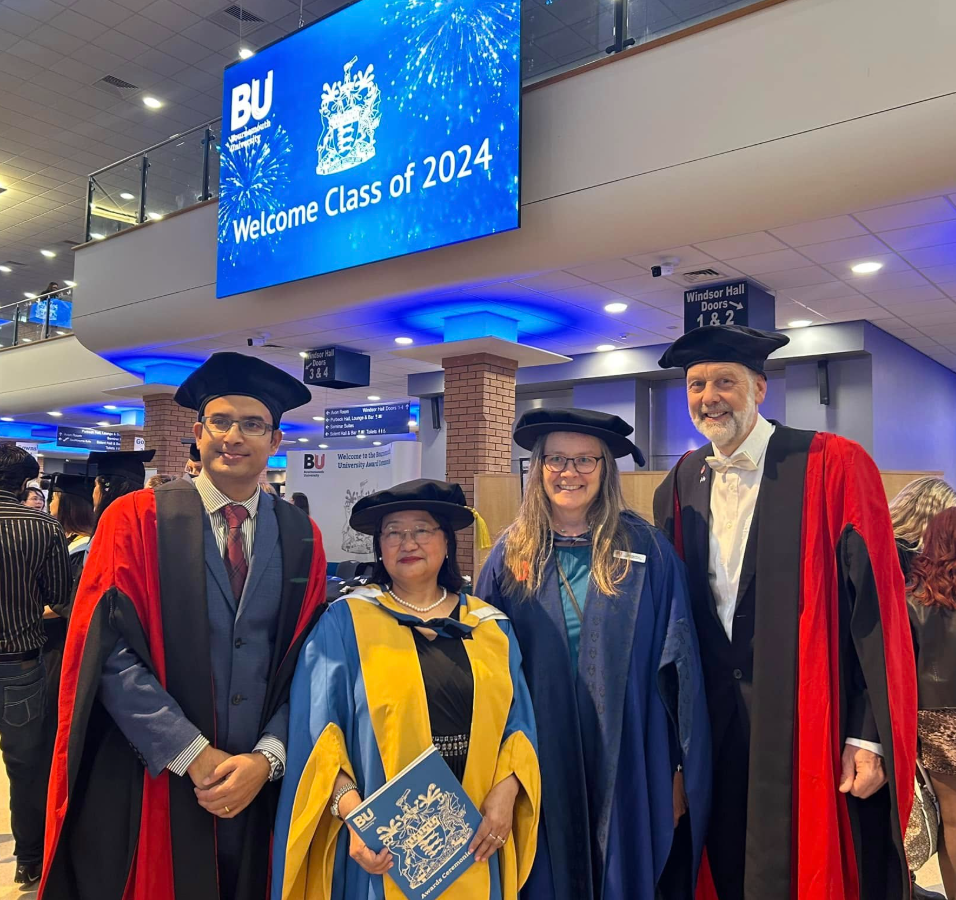


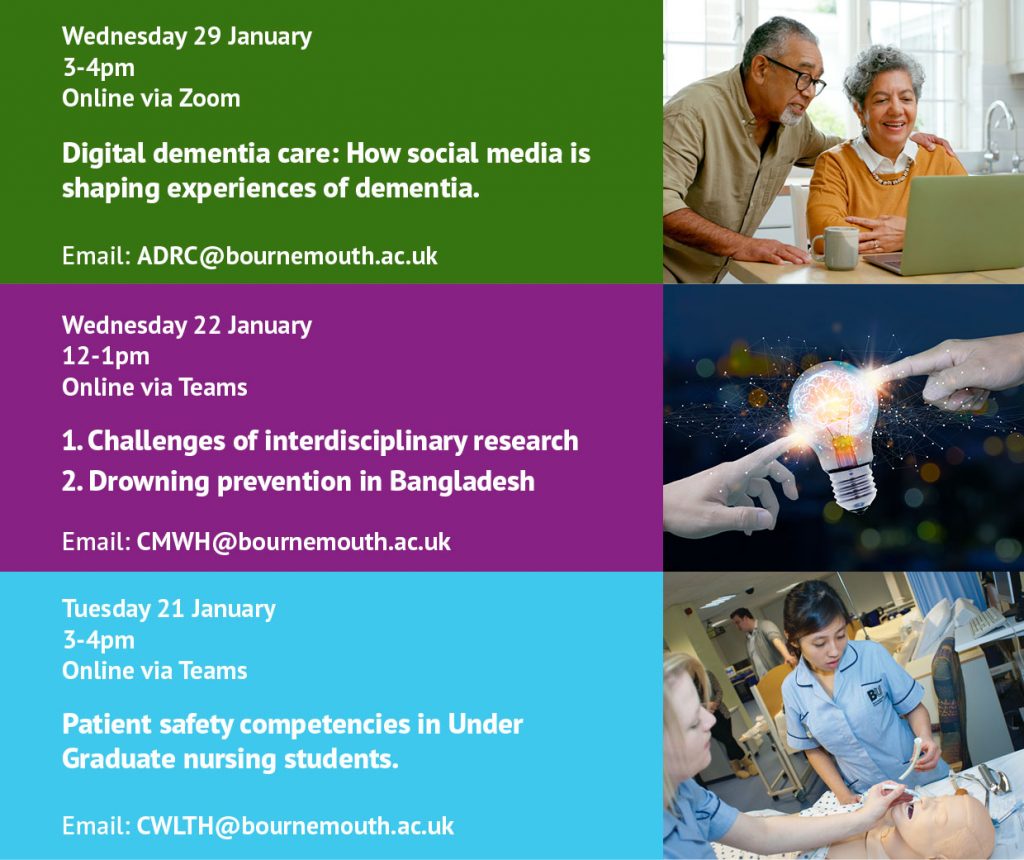
 Last month we reported on this Bournemouth University Research Blog (click here!) that Ms. Amshu Dhakal, presented findings from our Nepal Federal Health System Project in Nepal. Amshu’s presentation at the Nepal Health Conclave 2024, organised by the Ministry of Health and Population and supported by WHO (World Health Organization) Nepal and UNFPA, resulted in an online article in Nepal. This article in Nepali in Swasthya Khabar Patrika features lessons learnt and evidence from our research project “The Impact of Federalisation on the Health System of Nepal.”
Last month we reported on this Bournemouth University Research Blog (click here!) that Ms. Amshu Dhakal, presented findings from our Nepal Federal Health System Project in Nepal. Amshu’s presentation at the Nepal Health Conclave 2024, organised by the Ministry of Health and Population and supported by WHO (World Health Organization) Nepal and UNFPA, resulted in an online article in Nepal. This article in Nepali in Swasthya Khabar Patrika features lessons learnt and evidence from our research project “The Impact of Federalisation on the Health System of Nepal.”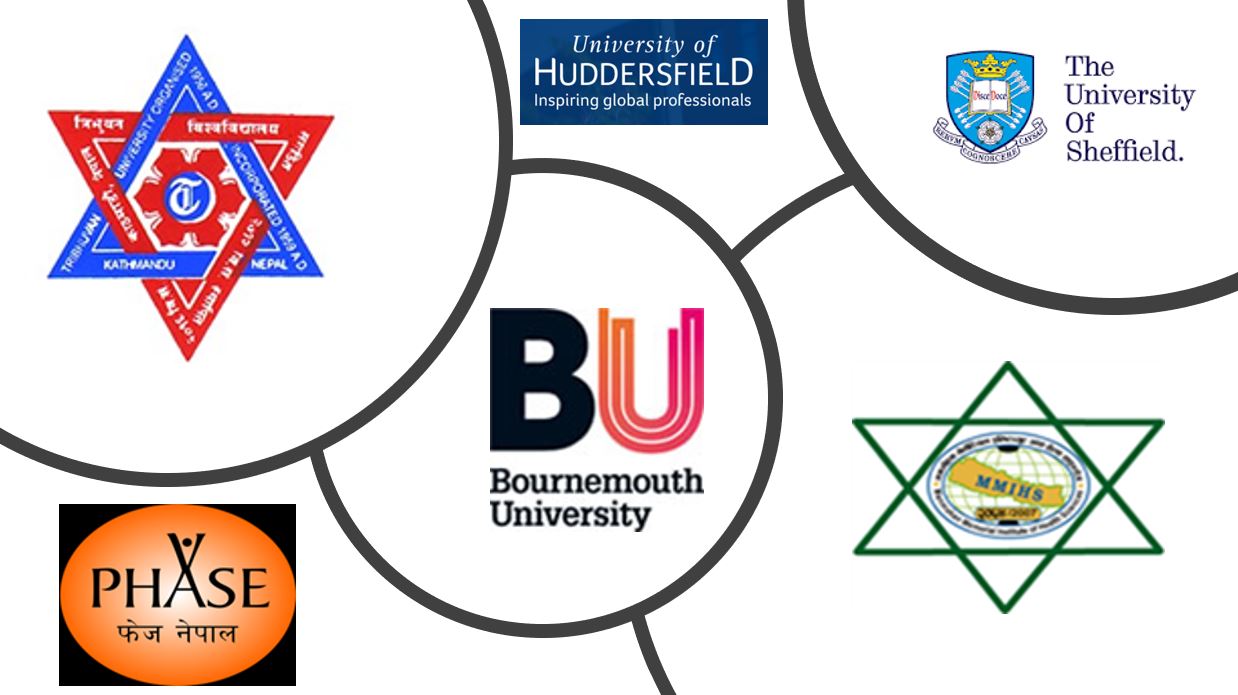
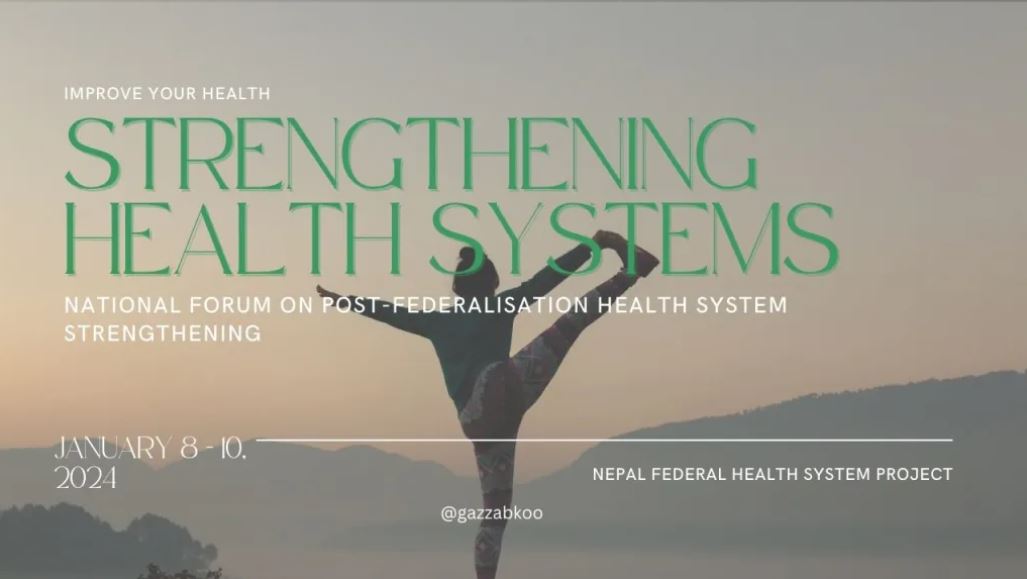 This is one of several news articles from this project which have appeared in both English and Nepali in national media in Nepal.
This is one of several news articles from this project which have appeared in both English and Nepali in national media in Nepal. 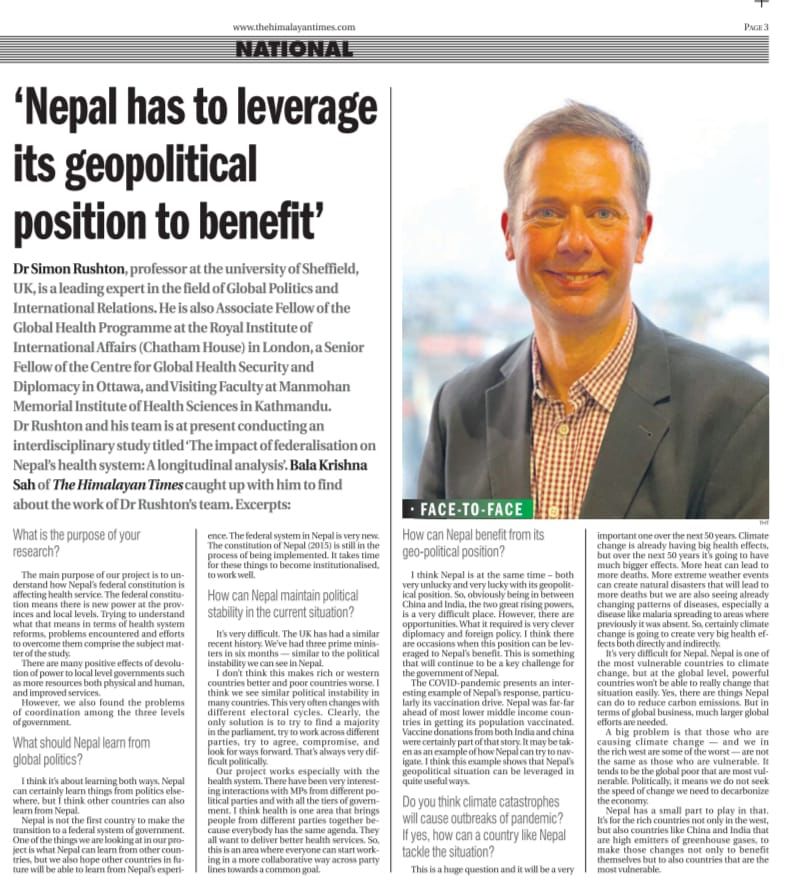 Our interdisciplinary research project ‘
Our interdisciplinary research project ‘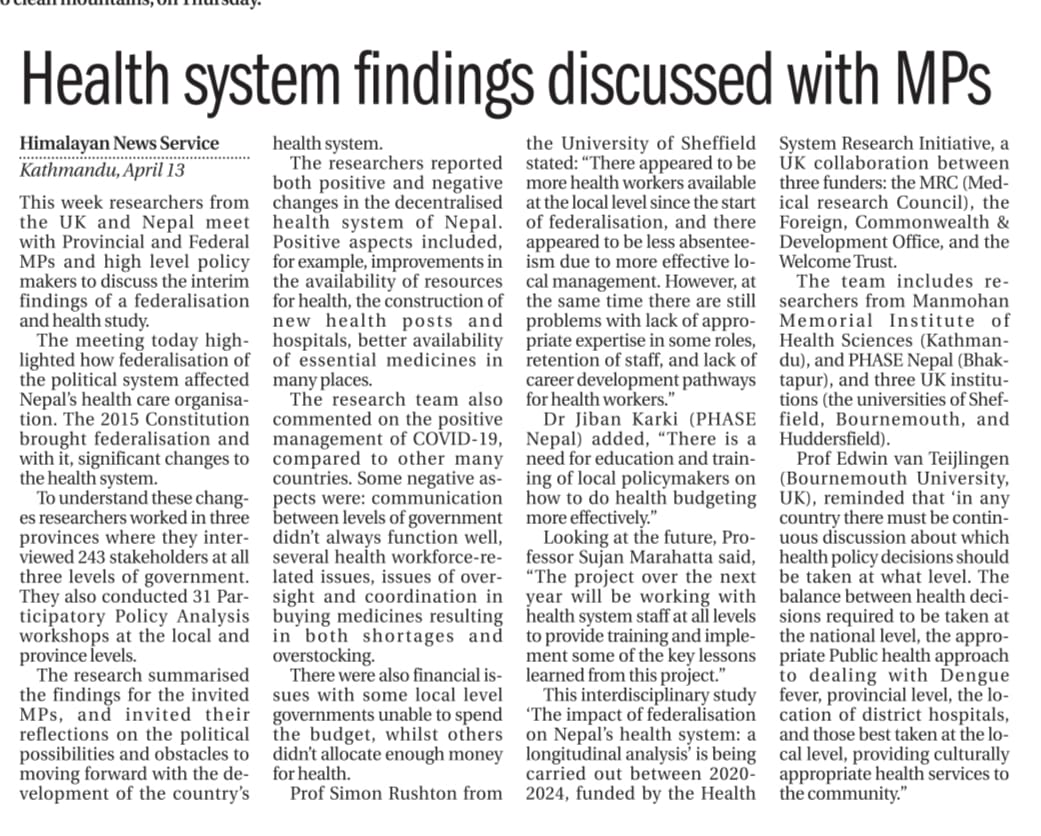
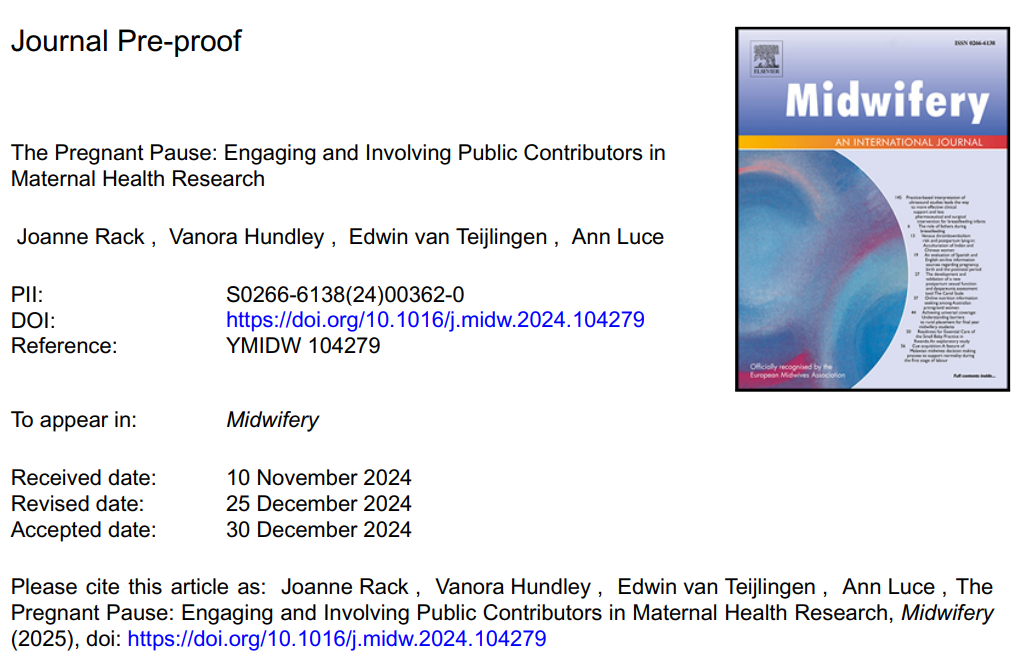

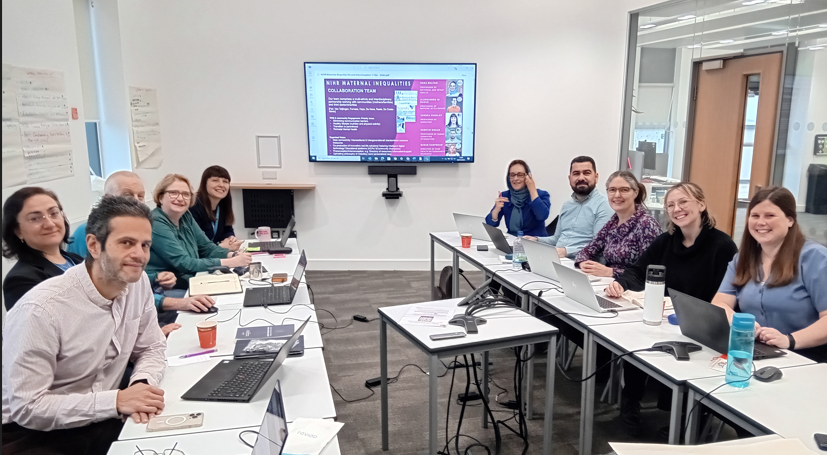

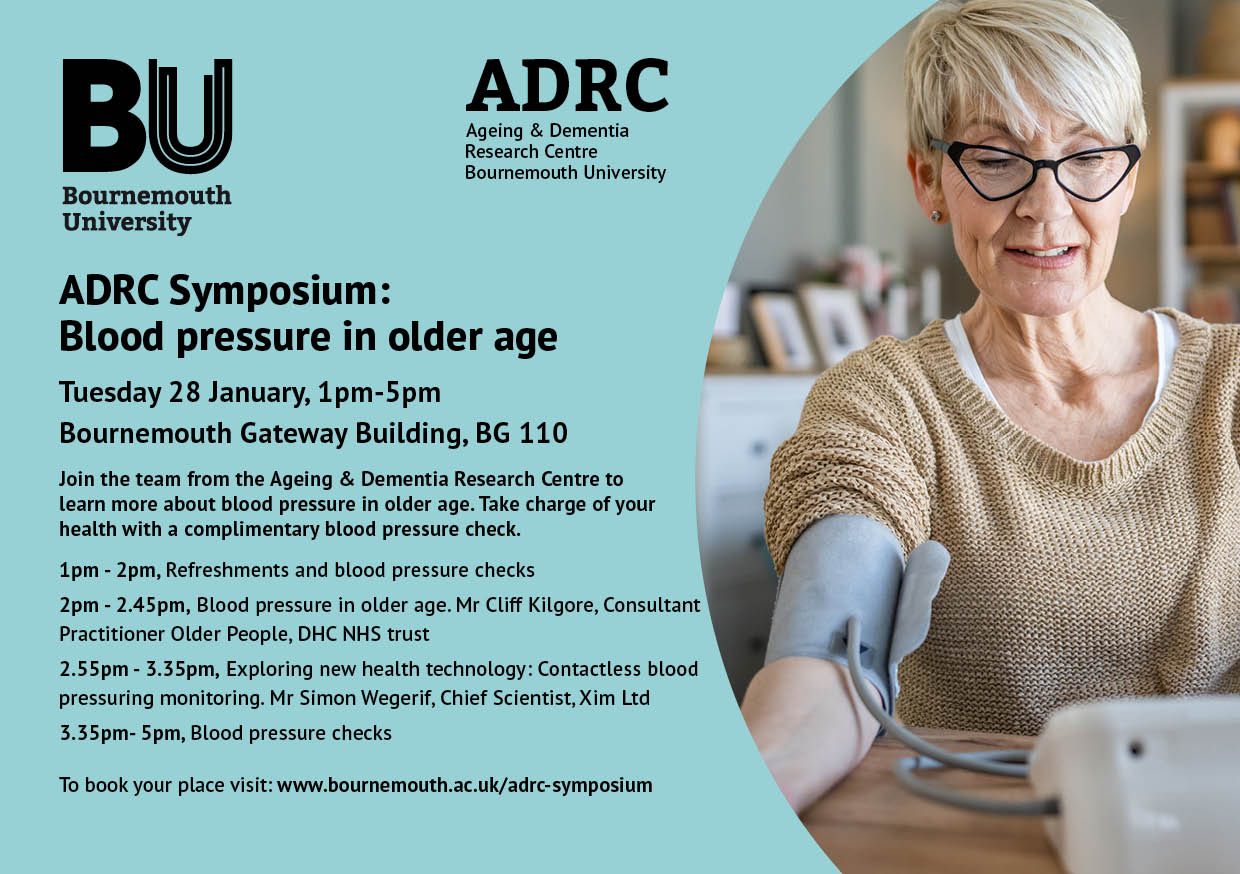
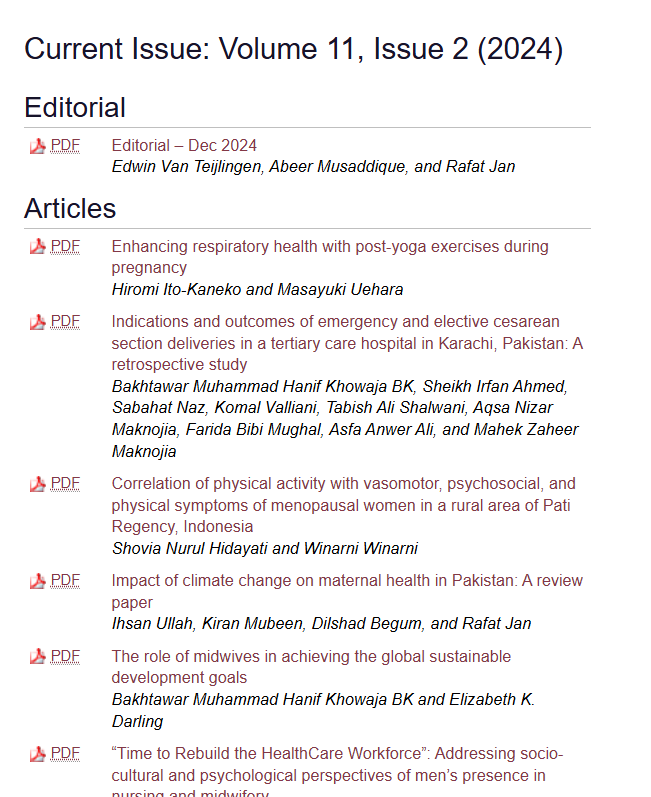
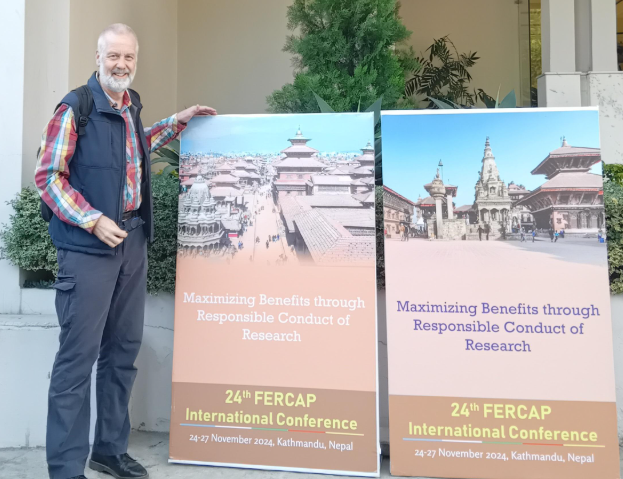

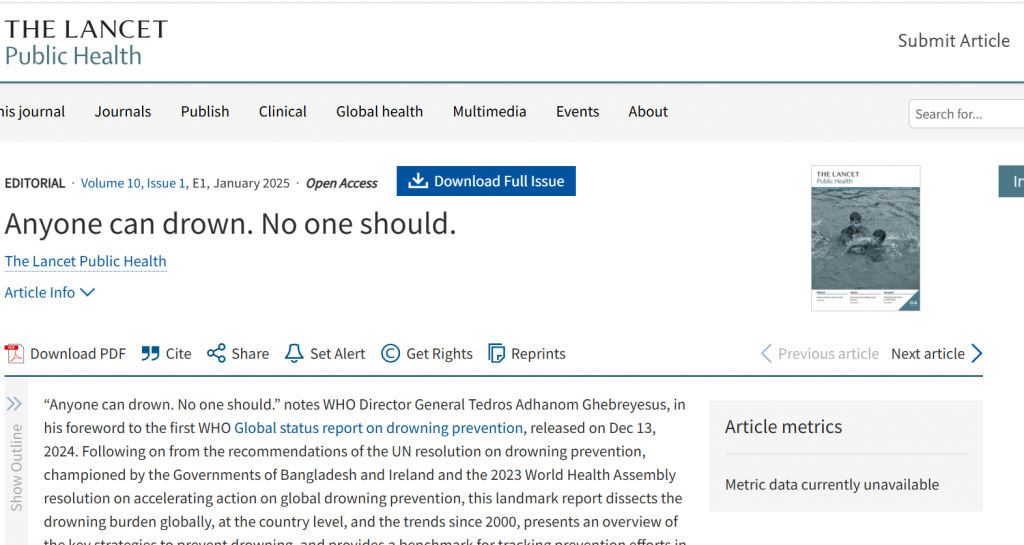


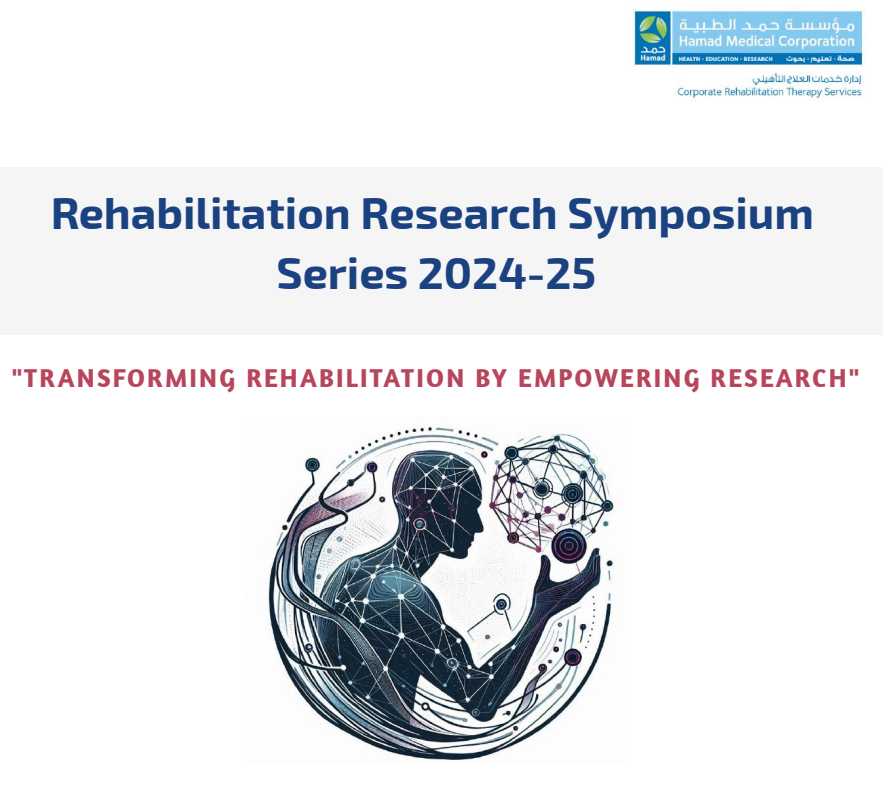

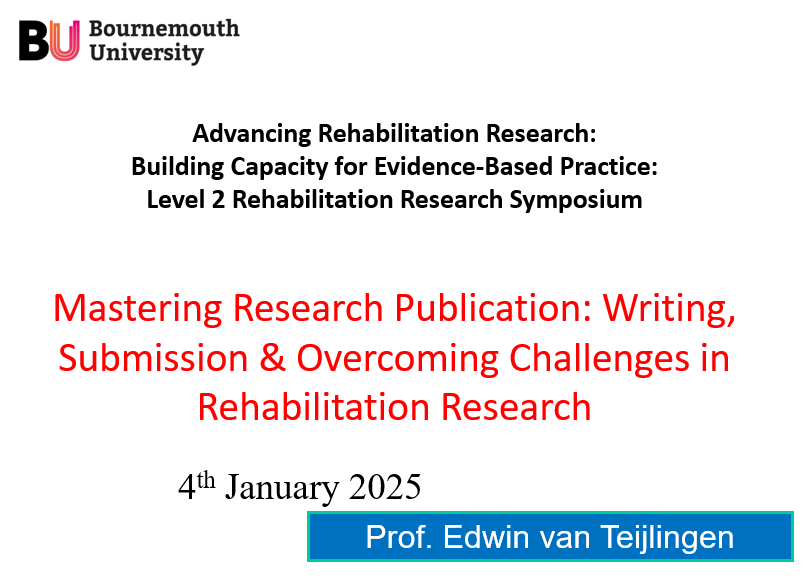
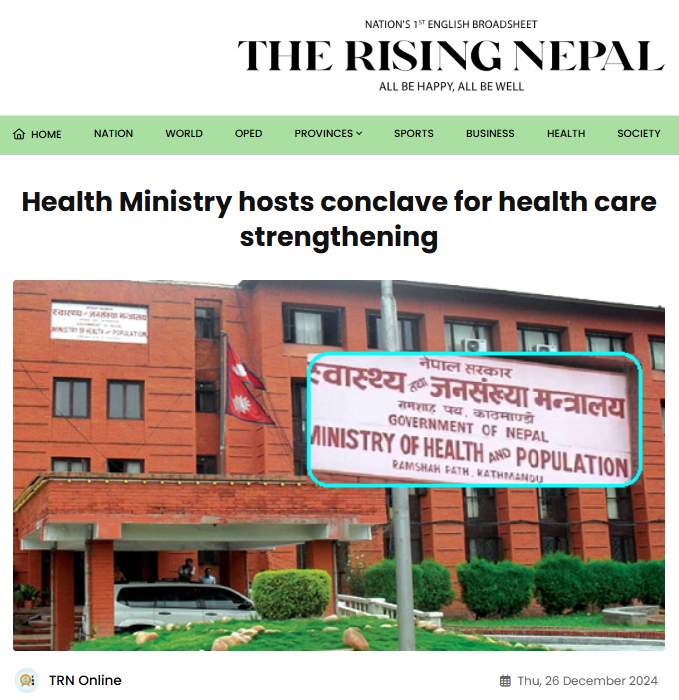
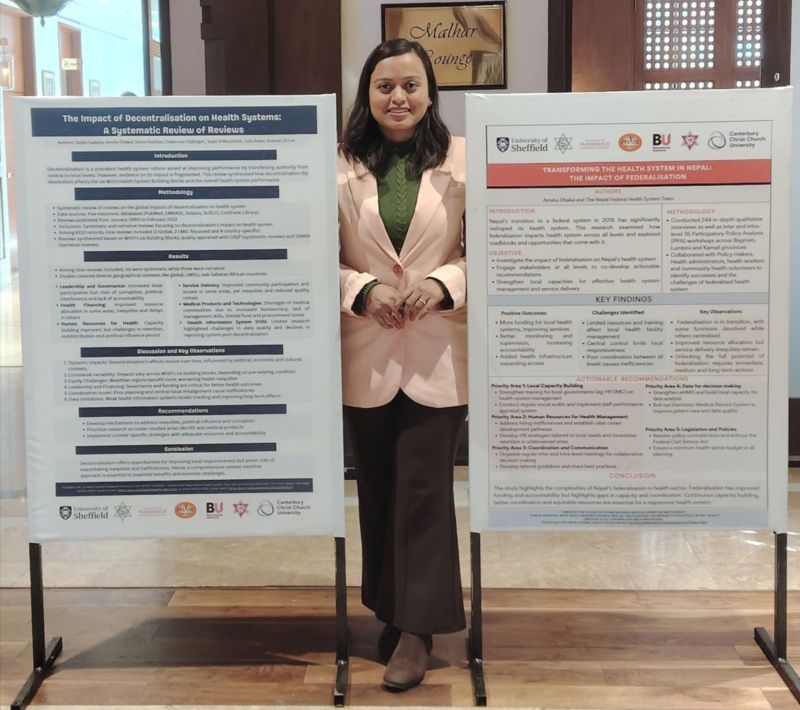
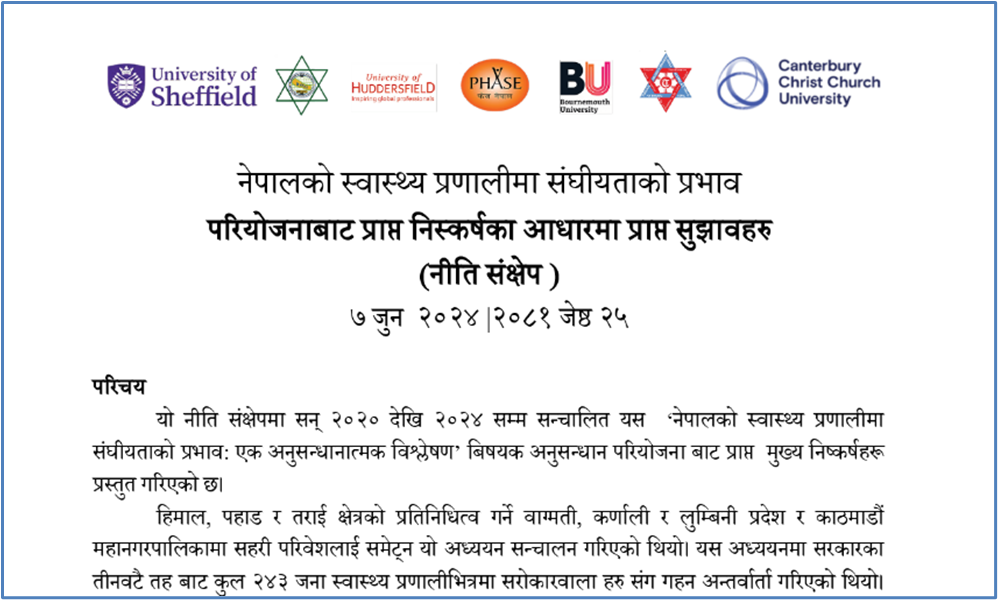

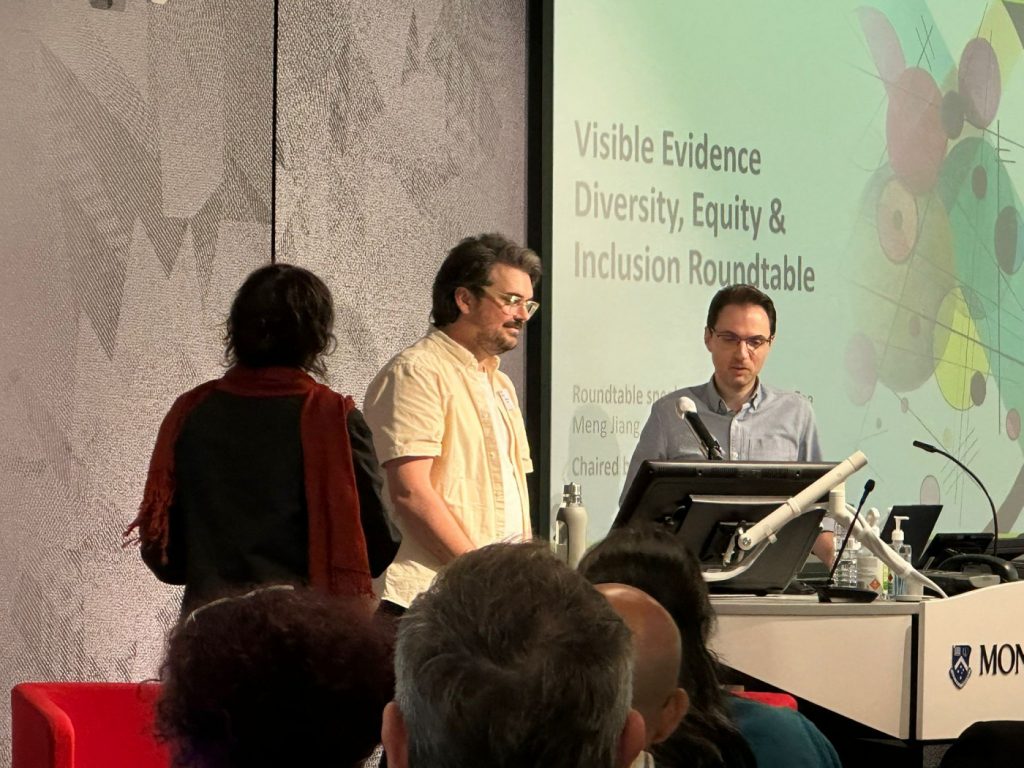
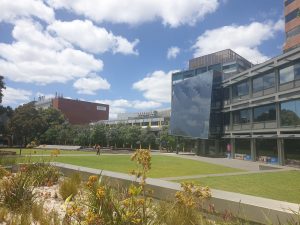
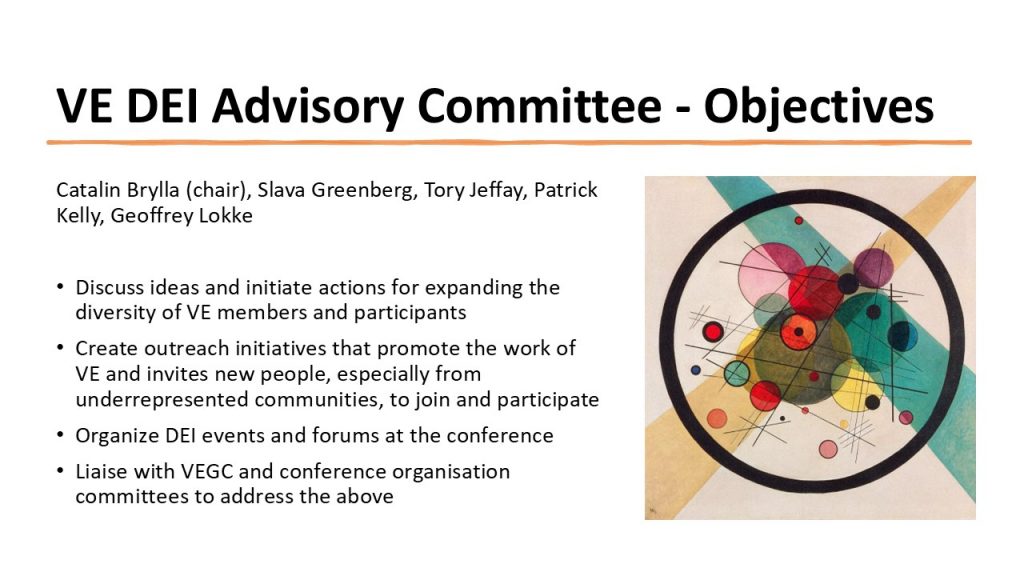
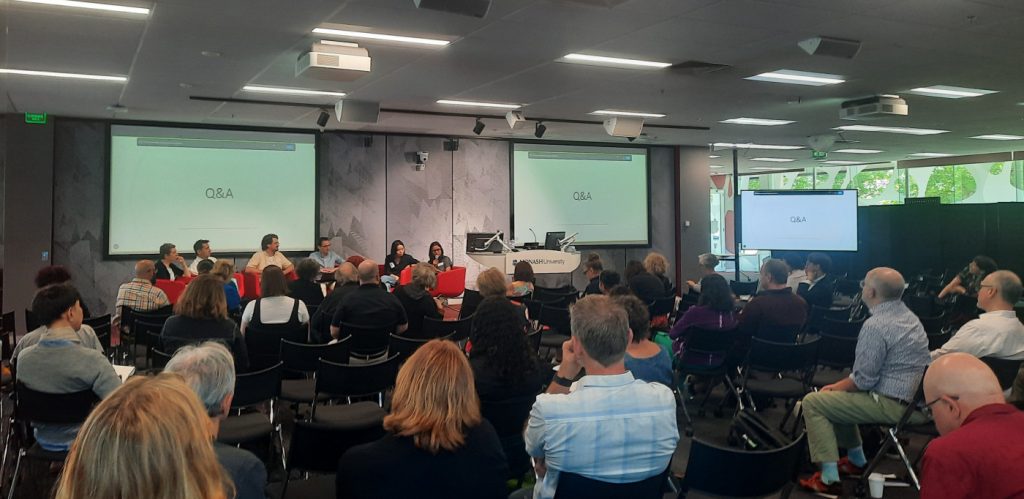
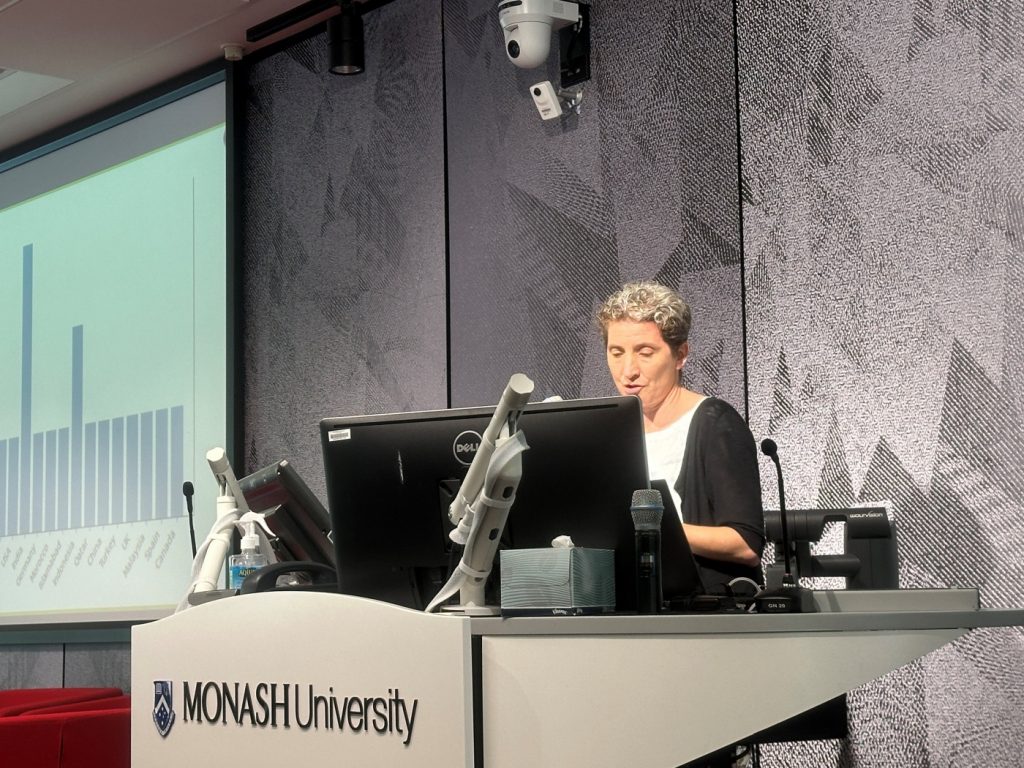
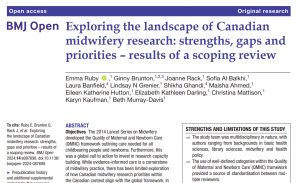
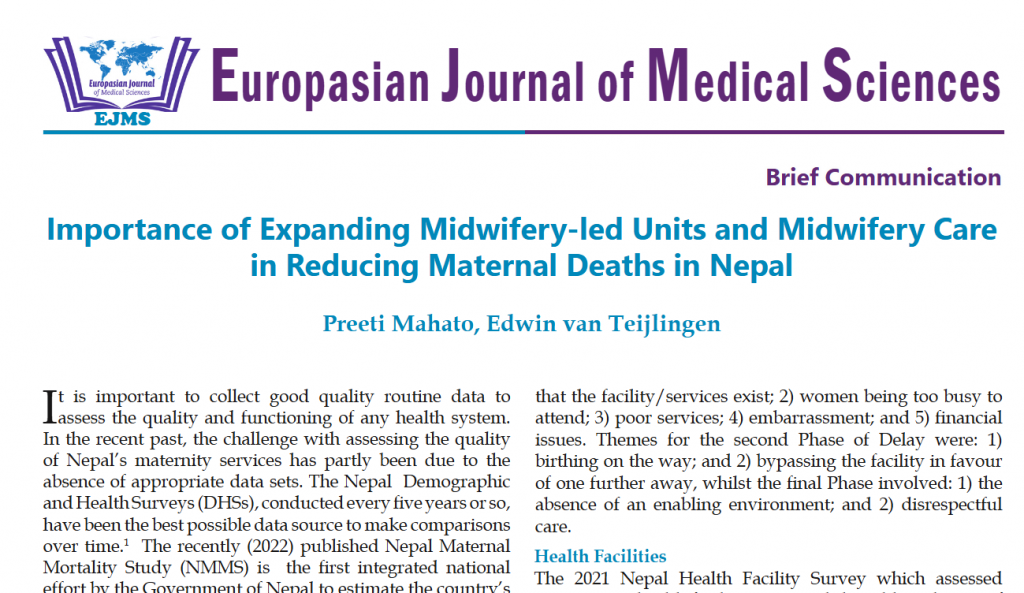
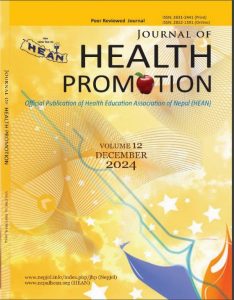
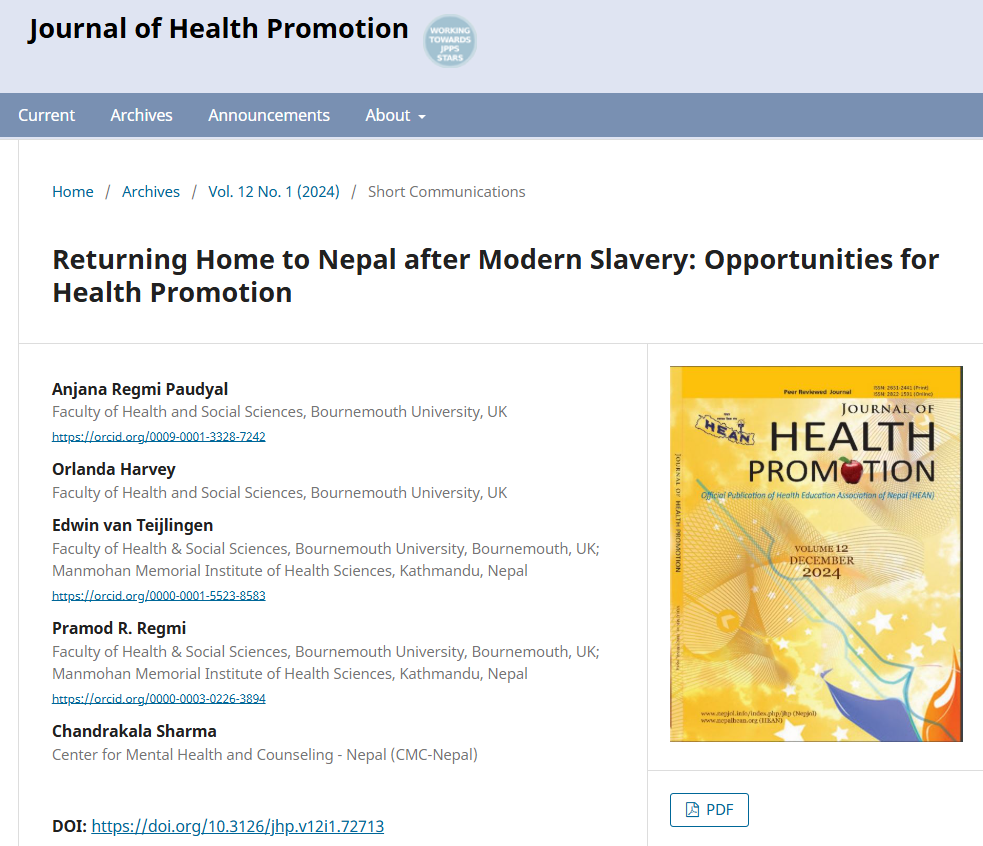

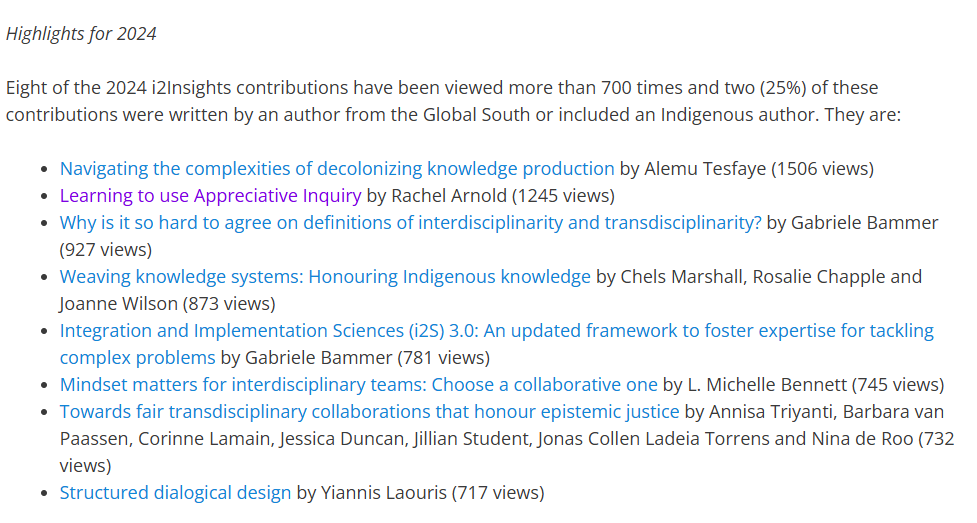











 From Sustainable Research to Sustainable Research Lives: Reflections from the SPROUT Network Event
From Sustainable Research to Sustainable Research Lives: Reflections from the SPROUT Network Event REF Code of Practice consultation is open!
REF Code of Practice consultation is open! BU Leads AI-Driven Work Package in EU Horizon SUSHEAS Project
BU Leads AI-Driven Work Package in EU Horizon SUSHEAS Project ECR Funding Open Call: Research Culture & Community Grant – Apply now
ECR Funding Open Call: Research Culture & Community Grant – Apply now ECR Funding Open Call: Research Culture & Community Grant – Application Deadline Friday 12 December
ECR Funding Open Call: Research Culture & Community Grant – Application Deadline Friday 12 December MSCA Postdoctoral Fellowships 2025 Call
MSCA Postdoctoral Fellowships 2025 Call ERC Advanced Grant 2025 Webinar
ERC Advanced Grant 2025 Webinar Update on UKRO services
Update on UKRO services European research project exploring use of ‘virtual twins’ to better manage metabolic associated fatty liver disease
European research project exploring use of ‘virtual twins’ to better manage metabolic associated fatty liver disease